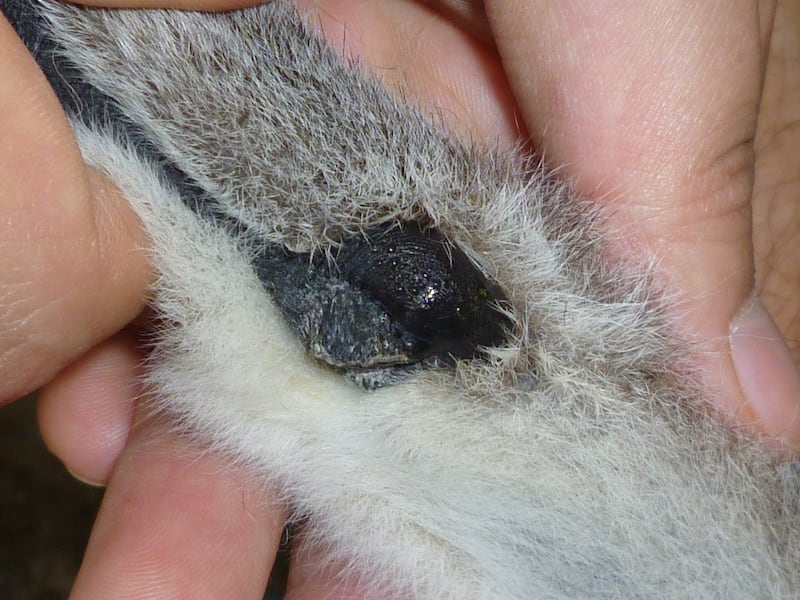It appears male ring-tail lemurs like to smell nice for their dates.
Scientists have found the animals release floral, fruity scents as part of their efforts to attract a mate.
The researchers from Japan even go as far as to say the chemicals in these scents could be the first fully identified sex pheromones in primates.
The aroma comes from the lemur’s wrist glands, which the males rub against their fluffy tails and then wave their tails at females – in what the scientists describe as “stink flirting” behaviour.
Professor Kazushige Touhara, an expert studying the sense of smell at the University of Tokyo who led the study, said: “Since only ring-tailed lemurs have these wrist glands and exhibit ‘stink flirting’ behaviour, we reasoned that specific odorants for sexual communication must be involved.”

Using detailed chemical analysis, the researchers identified three compounds responsible for the sweet scent in the wrist gland liquid – dodecanal, 12-methyltridecanal and tetradecanal.
The aldehyde compounds were present in both liquid samples collected during the breeding and non-breeding season, but had substantially higher concentrations in the specimens gathered during the breeding season.
The researchers then artificially increased the testosterone of a healthy, young male lemur during the nonbreeding season and found the odour compounds in the wrist glands also showed an increase.
Dr Mika Shirasu, a member of the Touhara lab and co-first author of the research publication, said: “This increase really supports the connection between testosterone and these odour compounds.”
The team then soaked the wrist gland secretions in cotton pads and presented the samples to females during the nonbreeding season.

Dr Shirasu said: “Outside of the breeding season, females had no special interest in any of the male odours we tested.”
When the compounds were individually presented to the female lemurs, the researchers found that only the mixture of all three managed to hold a female’s attention.
But the team said more work is required to determine whether the aldehyde compounds directly influence sexual behaviour.
Prof Touhara added: “Curiosity does not necessarily mean sexual attraction.
“We cannot say for certain yet if a female spending a longer time interested in the scent means that a male will be more successful at mating.”
The findings are published in the journal Current Biology.








